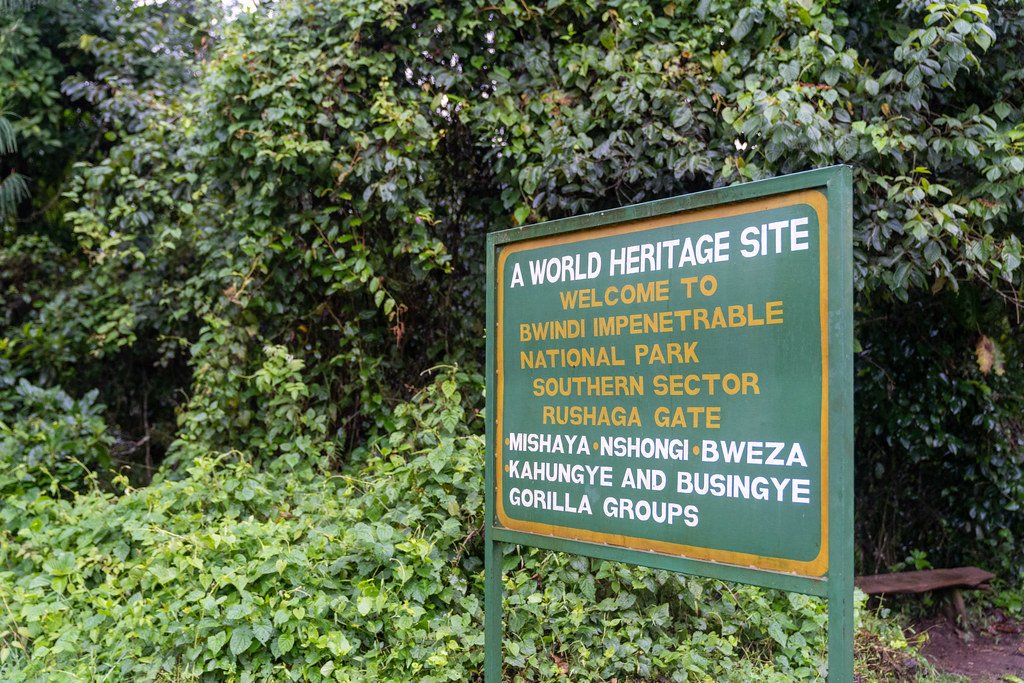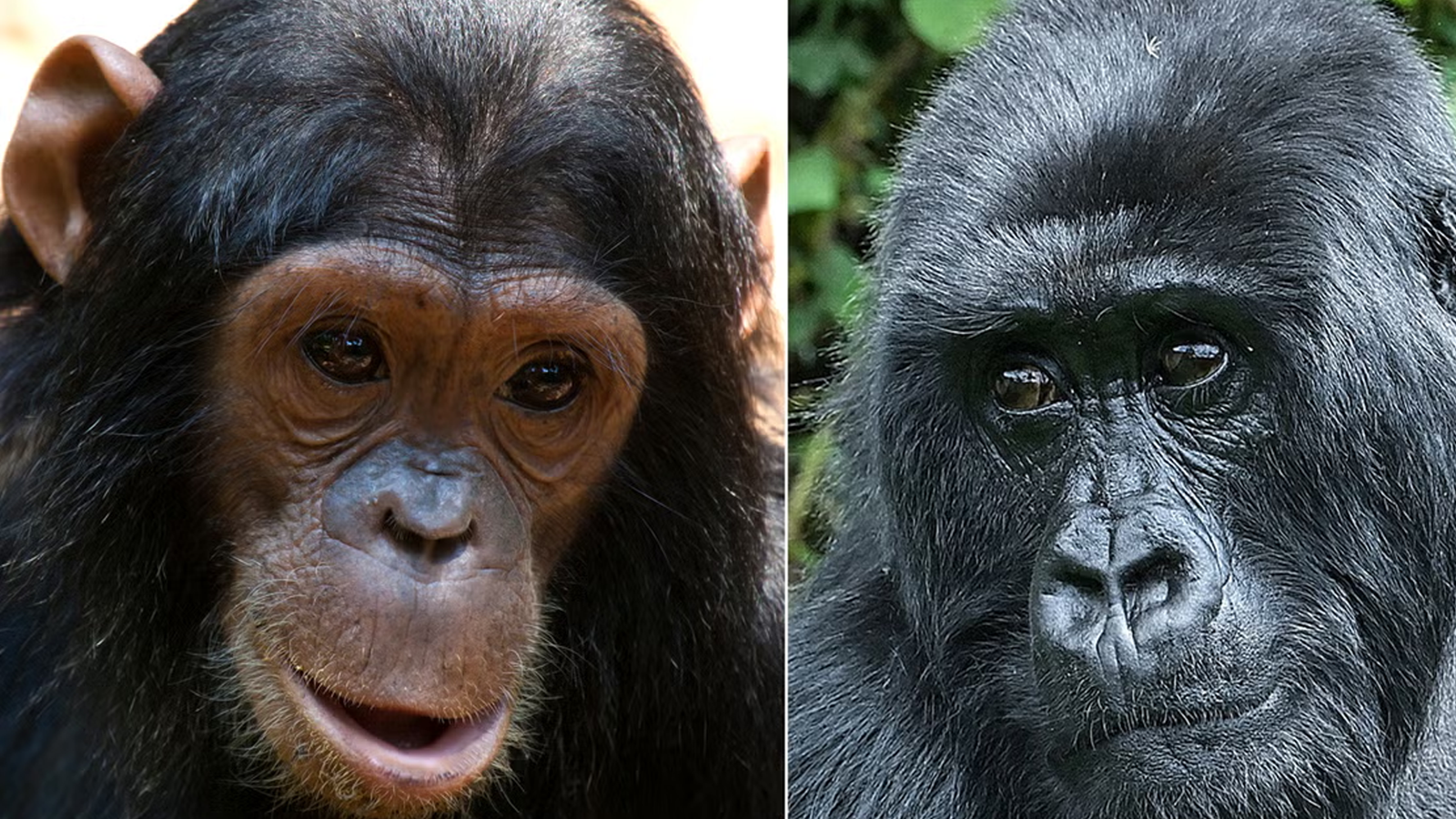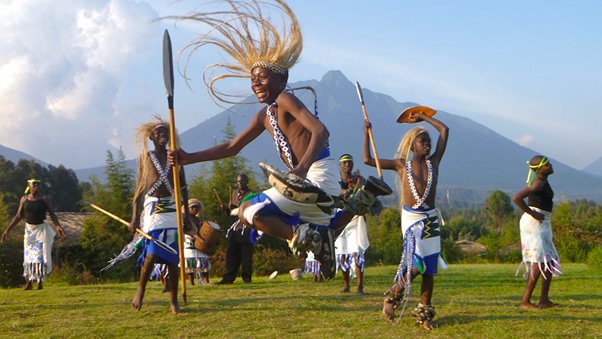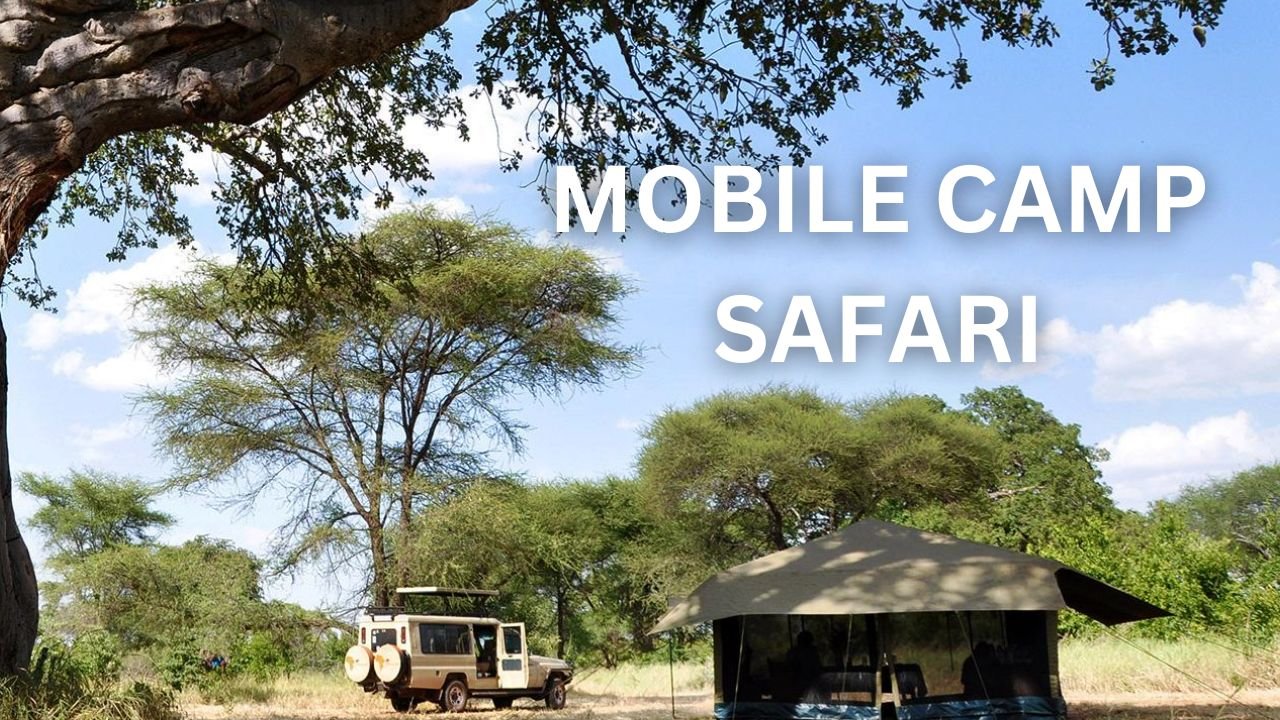Park Entrance Fees for Bwindi National Park 2023
Bwindi Impenetrable National Park, nestled within the lush landscapes of Uganda, stands as a beacon of biodiversity and a sanctuary for some of the world’s most fascinating creatures, including the iconic mountain gorillas.
As visitors from around the globe seek to immerse themselves in the park’s natural wonders and embark on life-changing encounters with its inhabitants, understanding the park entrance fees becomes essential.

These fees, carefully structured to support conservation efforts and sustainable tourism, ensure the preservation of this ecological treasure while providing opportunities for local communities.
In this exploration, we delve into the intricacies of the entrance fees for Bwindi Impenetrable National Park, shedding light on their significance, variations, and the role they play in safeguarding the park’s irreplaceable ecosystems.
Here’s a more detailed explanation of the entrance fees for Bwindi Impenetrable National Park
The entrance fees for Bwindi Impenetrable National Park vary depending on the category of visitors and their nationality. The fees are structured as follows:
Foreign Non-Residents:
Adults: $40 USD per person
Children:
Prices may vary or be a percentage of the adult fee
The entrance fees to Bwindi Impenetrable National Park exhibit a thoughtful structure designed to accommodate the diverse array of visitors who are drawn to its enchanting landscapes and captivating wildlife.
These fees, which vary based on the category of visitors and their nationality, reflect a balanced approach that aims to both facilitate access to the park and contribute to its preservation and sustainability.
For foreign non-residents, the entrance fees are set at $40 USD per adult. This fee not only grants individuals the privilege of experiencing the unparalleled beauty of Bwindi’s dense forests and rich biodiversity but also signifies a commitment to conservation.
It serves as a direct contribution to the efforts undertaken by local authorities and conservation organizations to safeguard the park’s delicate ecosystems and its most prized inhabitants, such as the critically endangered mountain gorillas.
In the realm of responsible tourism, provisions are also made for children accompanying foreign non-resident visitors. The fees for children may vary, possibly being a percentage of the adult fee or adhering to a specific pricing structure.
This consideration acknowledges the importance of exposing younger generations to the wonders of nature, fostering an early appreciation for wildlife conservation and sustainable practices.
The establishment of distinct fees for foreign non-residents underscores the vital role that international visitors play in supporting Bwindi’s preservation.
By contributing financially through these entrance fees, visitors become active participants in the ongoing battle against habitat degradation, poaching, and other threats that endanger the park’s delicate ecosystems.
Furthermore, the tiered fee system takes into account the financial capacities of different groups of visitors while maintaining a balance between accessibility and sustainability.
This approach ensures that individuals from various walks of life can partake in the awe-inspiring experiences that Bwindi Impenetrable National Park offers, irrespective of their age or nationality.
In conclusion, the meticulously structured entrance fees for Bwindi Impenetrable National Park embody a harmonious blend of accessibility and conservation.
By setting specific fees for foreign non-residents and children, the park authorities ensure that its natural wonders remain accessible to a diverse range of visitors while simultaneously generating vital resources for its protection.
The collection of entrance fees not only fosters environmental preservation but also fosters a sense of shared responsibility among those fortunate enough to explore this remarkable haven of biodiversity.
Foreign Residents:
Adults: $30 USD per person
Children: Prices may vary or be a percentage of the adult fee
The tiered fee structure for foreign residents visiting Bwindi Impenetrable National Park is a testament to the park’s commitment to inclusivity, environmental conservation, and responsible tourism.
By tailoring entrance fees to accommodate the needs and aspirations of foreign residents, the park creates an environment where individuals can engage with its natural wonders while contributing to its ongoing preservation.
For foreign residents, the entrance fee is set at $30 USD per adult. This deliberate reduction in fee acknowledges the unique relationship that residents share with the park, as well as the potential for a more regular or extended engagement with its offerings.
This fee represents an opportunity for foreign residents to immerse themselves in the beauty of Bwindi’s landscapes, encounter its diverse wildlife, and gain a deeper appreciation for the delicate balance of its ecosystems.
In parallel with the fee structure for foreign non-residents, provisions are made for children of foreign residents. The pricing for children may vary or be calculated as a percentage of the adult fee, reinforcing the park’s commitment to fostering environmental awareness from an early age.
This consideration underscores the park’s dedication to nurturing a sense of responsibility and stewardship among the younger generation, ensuring a legacy of conservation for years to come.
The establishment of distinct entrance fees for foreign residents reflects the acknowledgment of their role as stakeholders in the park’s well-being.
These fees, while reduced compared to those for foreign non-residents, still play a crucial role in generating revenue for conservation efforts, maintenance of park infrastructure, anti-poaching initiatives, and community development programs.
By offering foreign residents an opportunity to contribute directly to these endeavors, the park creates a sense of ownership and shared responsibility for its sustainable future.
Furthermore, the adjusted fee structure recognizes the potential for foreign residents to become ambassadors for Bwindi Impenetrable National Park.
With a more regular presence and engagement, foreign residents can actively advocate for conservation efforts, support local communities, and promote ethical and sustainable tourism practices within their networks.
In conclusion, the entrance fees tailored for foreign residents exemplify a harmonious balance between accessibility, conservation, and community engagement.
These fees not only invite foreign residents to partake in the park’s natural wonders but also empower them to play an active role in its protection.
By facilitating meaningful connections between visitors and the environment, Bwindi Impenetrable National Park continues to thrive as a model for responsible tourism and environmental stewardship.
East African Citizens:
Adults: UGX 20,000 per person
Children: Prices may vary or be a percentage of the adult fee
The entrance fee structure for East African citizens visiting Bwindi Impenetrable National Park is a testament to the park’s commitment to regional accessibility, environmental education, and community engagement.
By setting specific fees for citizens of East African countries, the park seeks to provide a gateway for local communities to connect with and appreciate the natural beauty and ecological significance of their own backyard.
For East African citizens, the entrance fee stands at UGX 20,000 per adult. This modest fee reflects the park’s dedication to making its treasures accessible to those who reside within the region, enabling them to experience firsthand the wonders of Bwindi’s diverse ecosystems, flora, and fauna.
It signifies a recognition of the intrinsic value of the park as a national and regional asset, fostering a sense of pride and stewardship among citizens.
Similar to the fee structures for foreign visitors, provisions are made for children of East African citizens, with pricing potentially varying or being a percentage of the adult fee. This inclusivity encourages families to explore the park together, nurturing a spirit of curiosity and conservation among younger generations.
The nominal entrance fee for East African citizens not only facilitates meaningful interactions with the environment but also supports the park’s overarching mission of conservation.
By visiting Bwindi Impenetrable National Park and contributing to its maintenance and protection, East African citizens actively participate in safeguarding their natural heritage for future generations
Beyond conservation, these fees also play a pivotal role in community development. A portion of the revenue generated from entrance fees is often directed towards initiatives that benefit local communities surrounding the park.
These initiatives can include educational programs, healthcare services, infrastructure development, and employment opportunities, all of which contribute to the park’s positive impact on the region.
Furthermore, the establishment of specific fees for East African citizens fosters a sense of ownership and empowerment. It encourages citizens to take an active interest in the park’s well-being, advocate for its protection, and promote responsible tourism practices within their communities.
In conclusion, the entrance fees tailored for East African citizens embody a harmonious blend of accessibility, education, and community development.
By offering an affordable means for citizens to engage with their natural heritage, Bwindi Impenetrable National Park becomes not only a place of exploration but also a source of inspiration and pride.
Through these fees, the park continues to be a shining example of how sustainable tourism can positively impact both conservation efforts and the well-being of local communities.
These fees typically grant individual park entrance to Bwindi Impenetrable National Park, allowing visitors to access and explore the park’s unique biodiversity, including its renowned mountain gorilla population.
It’s important to note that entrance fees can change over time due to various factors such as government regulations, conservation efforts, and economic considerations.
When planning a visit to Bwindi Impenetrable National Park, it’s crucial to confirm the current entrance fees through official sources such as the Uganda Wildlife Authority (UWA) website or by contacting UWA directly.
Additionally, it’s recommended to make any necessary reservations well in advance, especially for activities like gorilla trekking, which have limited gorilla permits available each day.



